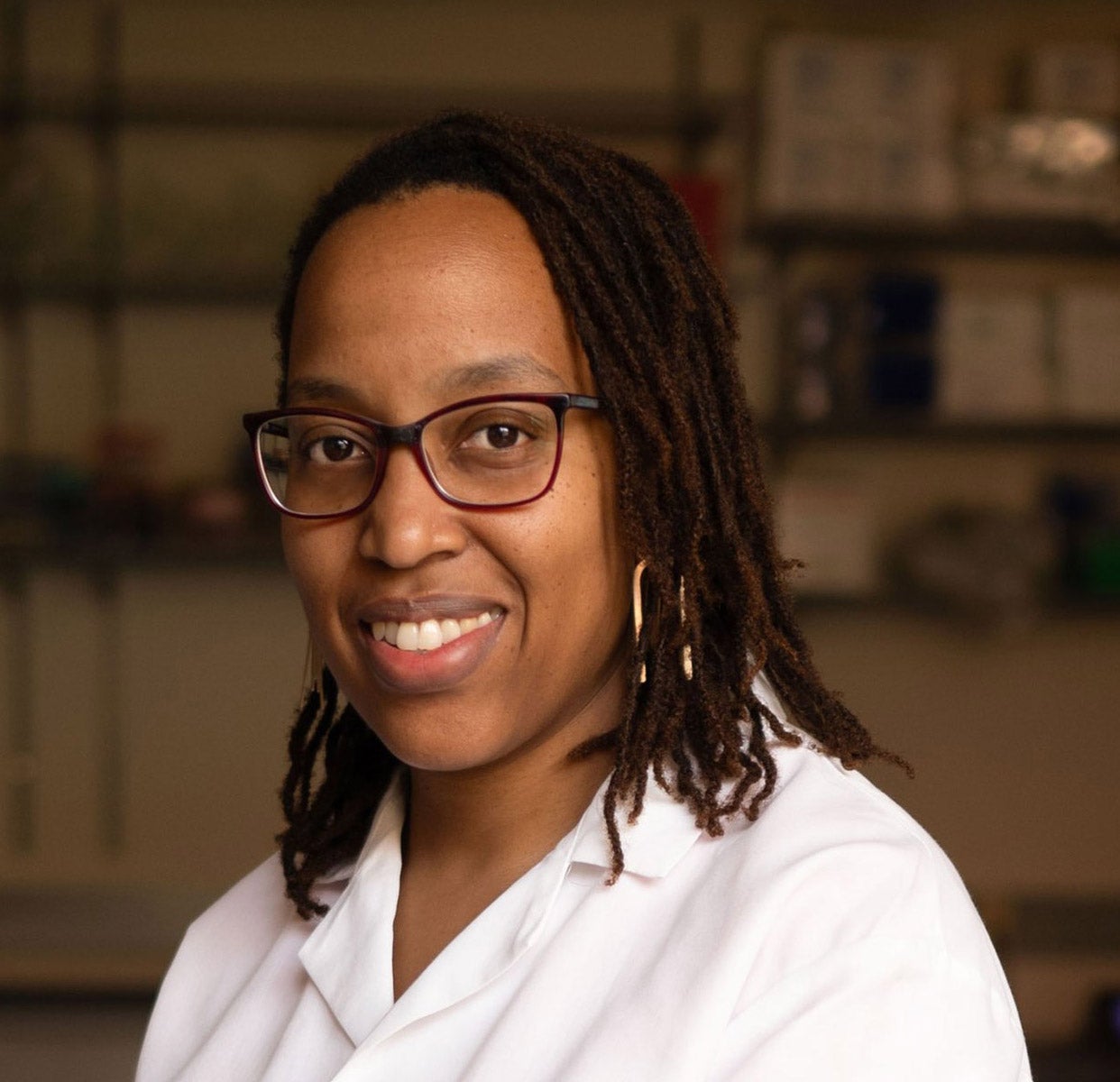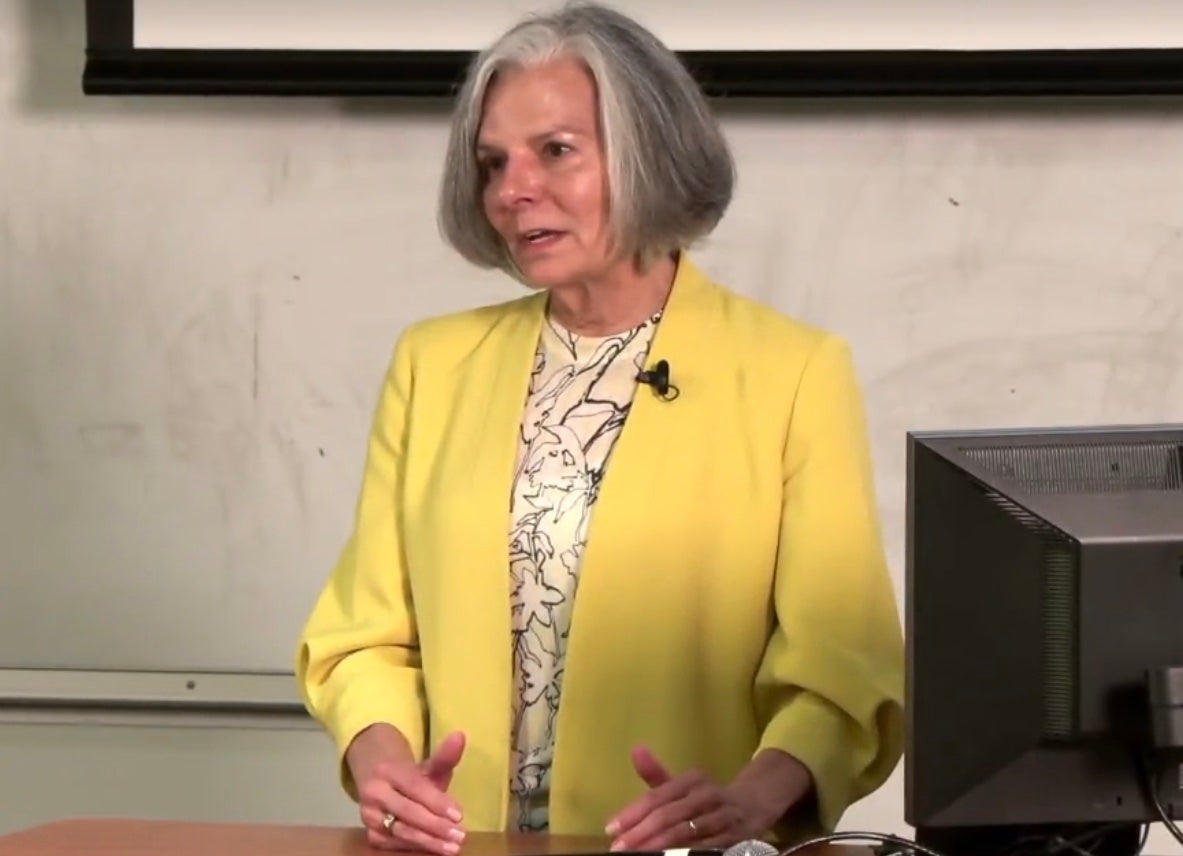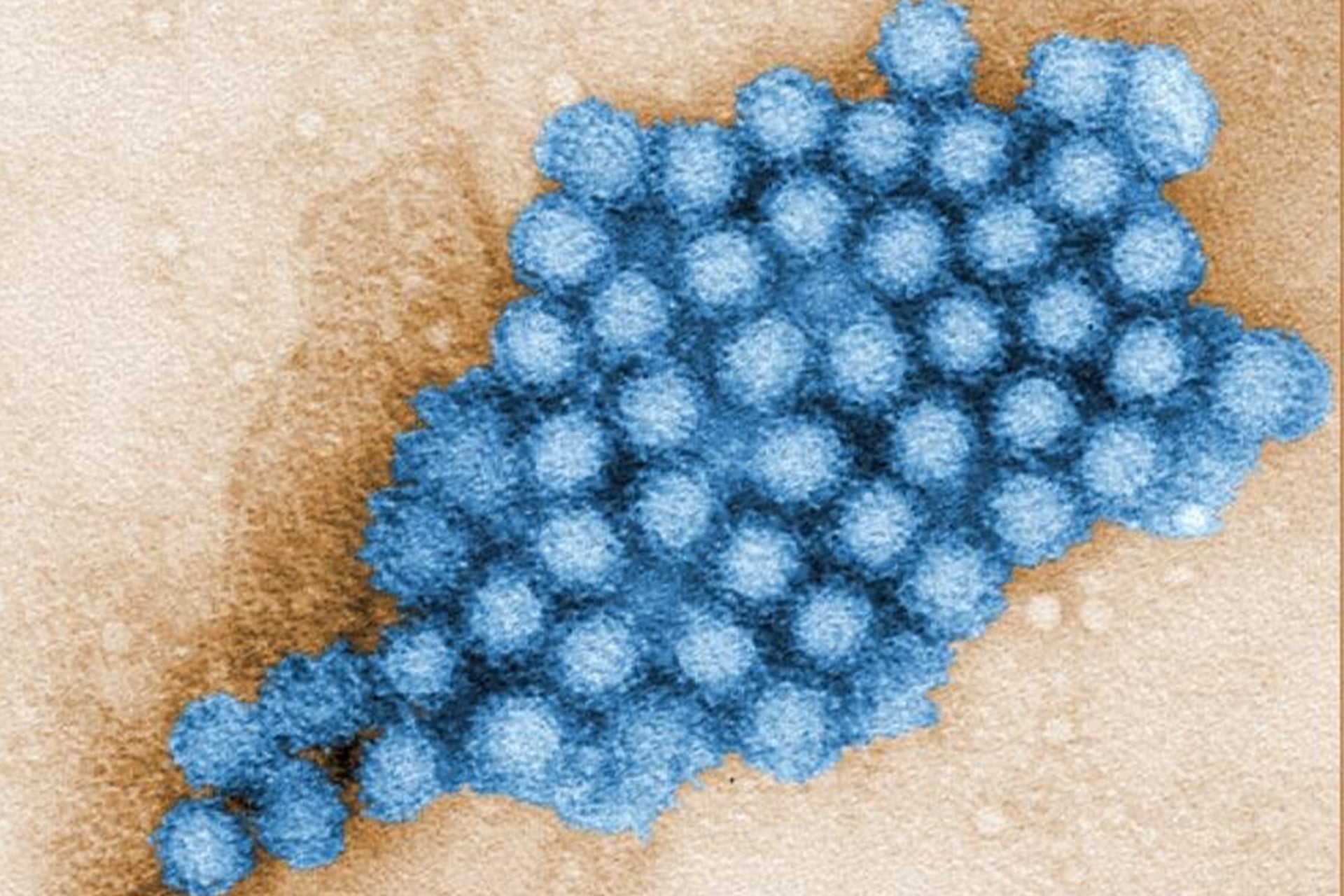LCID Researcher's Work to Translate Science Featured on UNESCO Website
Dr. Grace Kago's science e-learning community for native Kikuyu speakers is chosen for UNESCO's Open and Inclusive Science Hub.

Julie Gerberding Discusses Precision Health at 2025 LaMontagne Symposium Keynote Lecture
The title of Dr. Gerberding's lecture was "Beyond One-Size-Fits-All: Rebuilding Trust and Advancing Precision Public Health in the AI Era"

Three UT Austin Faculty Members Selected to the American Association for the Advancement of Science
Ken Keiler studies basic molecular biology with the aim of developing new antibiotics.

Research Identifies Key Antibodies for Development of Broadly Protective Norovirus Vaccine
Discovery brings us one step closer to vaccine and treatment for prevalent virus.

UT Vaccine Scientist Will Be Inducted Into National Inventors Hall of Fame
McLellan, who will be inducted in Washington, D.C. on May 8, is among the youngest new inductees in hall of fame history.

John F. Brooks II Presents 2024 Richard J. Meyer Lecture
Dr. Brooks’ lecture explored his research into the connection between the circadian clock and immune function in the gut microbiome of mice.

Preparing for Future Outbreaks, Experts Use Disease Simulation Exercise
Public health officials and researchers gathered this month for a gamified version of an outbreak investigation.

Newly Discovered Antimicrobial Could Prevent or Treat Cholera
Natural antimicrobials called microcins are produced by bacteria in the gut and show promise in fighting infection.

UT News
Newly Discovered Antibody Protects Against All COVID-19 Variants
Researchers have discovered an antibody able to neutralize all known variants of SARS-CoV-2, the virus that causes COVID-19, as well as similar coronaviruses.

AI Opens Door to Safe, Effective New Antibiotics to Combat Resistant Bacteria
Protein large language models identify ways to make antibiotics better at targeting dangerous bacteria, without being toxic to humans.

